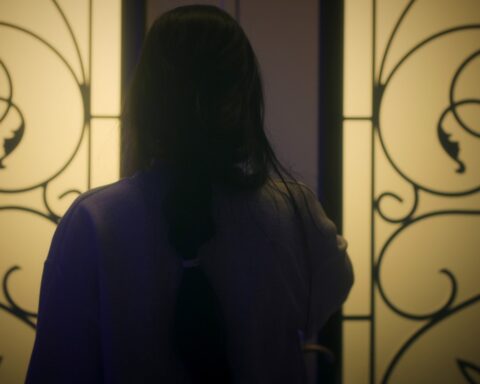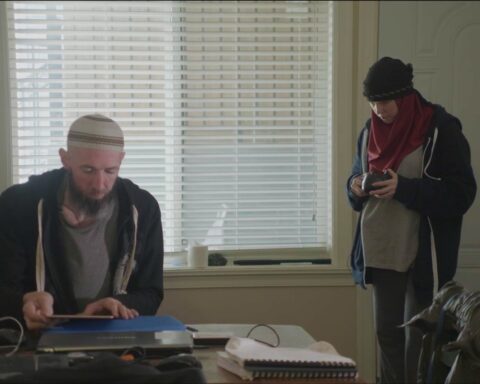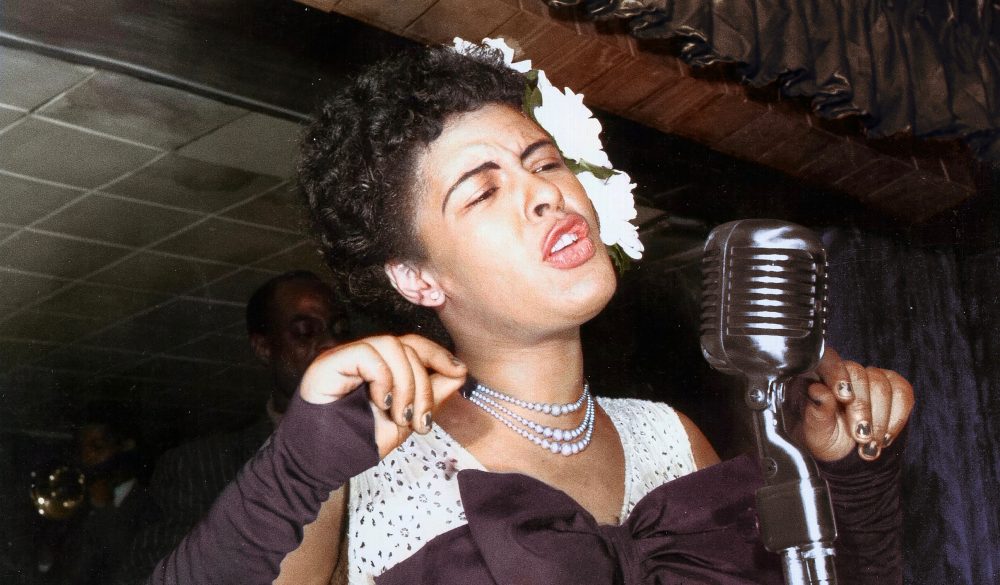A Crime on the Bayou
(USA, 89 min.)
Dir. Nancy Buirski
“I have an ambivalent relationship to the term ‘allies’,” says activist Angela Davis in an archival excerpt in A Crime on the Bayou. “Because when it comes to challenging racism, I think that white people should know that they have as much of a stake in purging the society of racism as people who are the immediate targets.”
A Crime on the Bayou explores a fascinating true crime tale that hinges on the power of a strong alliance. Director Nancy Buirski (The Loving Story, The Rape of Recy Taylor) revisits the case that united a young Black fisherman named Gary Duncan with white Jewish attorney Richard Sobol in the peak of the civil rights movement. The case is a potent example of systemic racism, pure and simple, that remains unsettlingly relevant.
Using new interviews, readings of court transcripts, and extensive archival images, Buirski powerfully recounts a truly bizarre case. The incident in question occurred in 1966 when the 19-year-old Duncan broke up a fight at a newly integrated school where his cousins were among the first Black students to attend. While playing the peacekeeper, Duncan touched the arm of a white boy who asked him his name. This touch, ostensibly a mere friendly gesture, quickly landed Duncan with charges for assaulting a minor.
One would expect any reasonable judicial system to toss a case so seemingly ridiculous, but Duncan and other interviewees explain that they hailed from Plaquemines Parish, Louisiana, where judge Leander Perez ruled with a stringently antiquated worldview. Duncan and Sobol reflect upon Perez’s flagrant opinions on segregation and the place of Black Americans in society. Buirski humorously and distressingly contextualises the case with an archival interview of Perez on a talk show where the journalist asks him how it feels to have made enemies with the last four American presidents and the Vatican, among other entities.
Despite the inevitable conviction—Perez denies Duncan’s request for trial by jury—Sobol perseveres to save a man so clearly wronged by the system. A Crime in the Bayou recounts Duncan and Sobol’s fight for justice, which leads them to the Supreme Court and shapes a friendship that lasts a lifetime. Buirski’s film is less about the wild-but-true sensationalism of the 1966 “crime” than the machineries of systemic racism that enabled Perez to disrupt the lives of people like Gary Duncan. The film sharply illustrates the pervasive character of systemic racism that allows one person uses his position in society to tangle another in a web that can trap him for a lifetime. Despite the decades in between Duncan’s arrest and the film’s production, these dynamics still exist. They merely have different forms.
Buirski connects Duncan and Sobol’s fight to contemporary battles against systemic injustice. The concluding images of 2020’s status quo shattering events are hardly necessary, though, when the concerns of the case never went away. (As far as “COVID cuts” go, however, Bayou fares just fine despite the obvious effort to retool the ending for the pandemic and resurgence of Black Lives Matter protests.) The portrait of Duncan and Sobol’s relationship, moreover, speaks to a productive form of allyship. One sees how Sobol could have turned a blind eye to the injustice that deprived the rights of a complete stranger, yet A Crime on the Bayou emphasizes how substantial change occurs only when people unite in a collective effort. The story underscores Davis’s assertion that one has a stake in creating a progressive society regardless of whether one is the party being oppressed.
A Crime on the Bayou had its world premiere at DOC NYC.
Visit the POV DOC NYC Hub for more coverage from this year’s festival.
Update: A Crime on the Bayou opens in NYC, LA and select theatres across the USA June 18, 2021. (Canadian release to be announced.)











